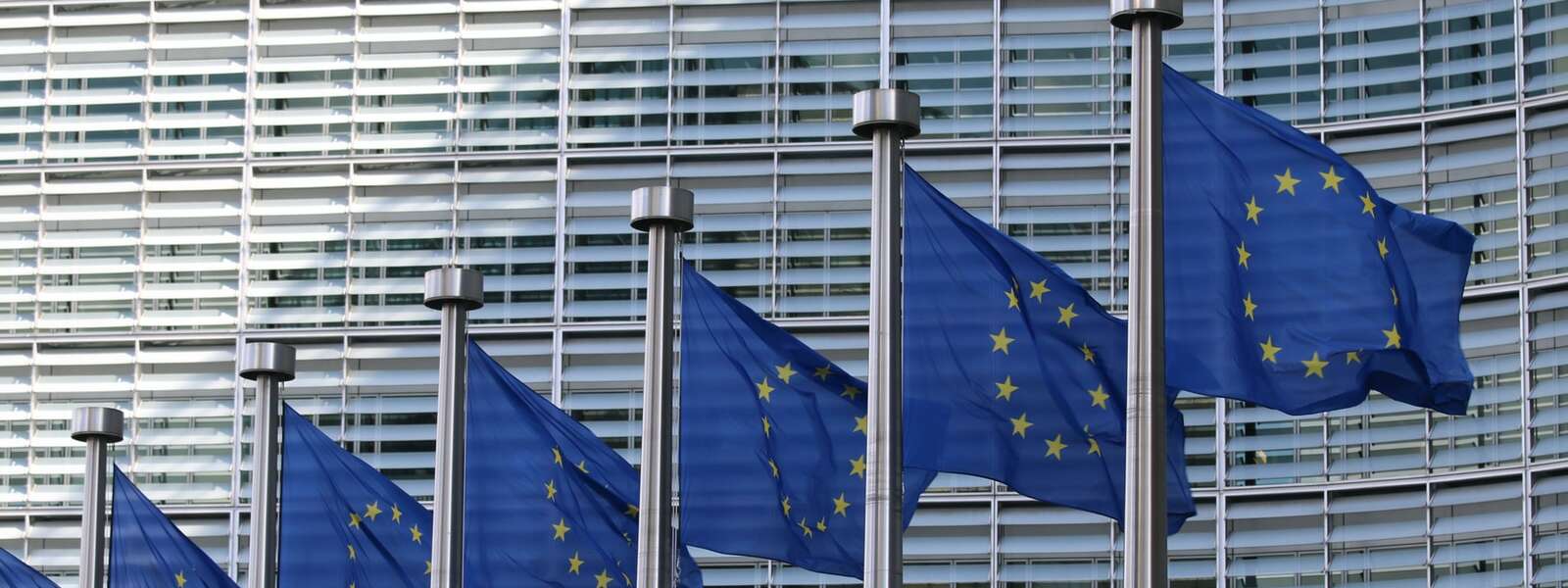Russia’s invasion of Ukraine has received swift condemnation from leaders and vows from the European Union (EU) it will impose “the harshest package of sanctions we have ever implemented.”
But whether the EU’s response will be enough is a difficult question, says a University of Guelph political science professor.

Dr. Edward Koning researches many aspects of European politics as well as the politics of immigration in northwest Europe.
He says the EU’s ability to respond with more than just economic sanctions is troubled because of the limited ability of the 27 member states to move in unison.
“Defence and security remain highly sensitive subjects for EU member states, many of which are reluctant to give up sovereignty on these issues,” he said.
What’s more, previous conflicts have led to division among EU member states, as seen in the Balkans and in the “Arab Spring” uprisings.
“Tellingly, the last time we saw armed conflict in the Donbass region of Ukraine, it was France and Germany – not the EU – that negotiated the ceasefire agreement,” he added.
While the EU thus adopts a more muted response through incremental sanctions, Koning says it’s not surprising that central European and Baltic states want a harder stance.
“It is understandable that citizens in the Baltic states are worried that Russian imperialism might spread to other countries,” Koning said. “This is particularly the case for Estonia and Latvia, considering the large Russian minority in those countries.”
But he added it would be much riskier for Russia to consider invading one of the Baltic states.
“Unlike Ukraine, these are member states of the EU and of NATO (North Atlantic Treaty Organization), and therefore an attack on them will be met with a much more formidable response than what we are seeing now,” he said.
Koning is available for interviews.
Contact:
Dr. Edward Koning
ekoning@uoguelph.ca
